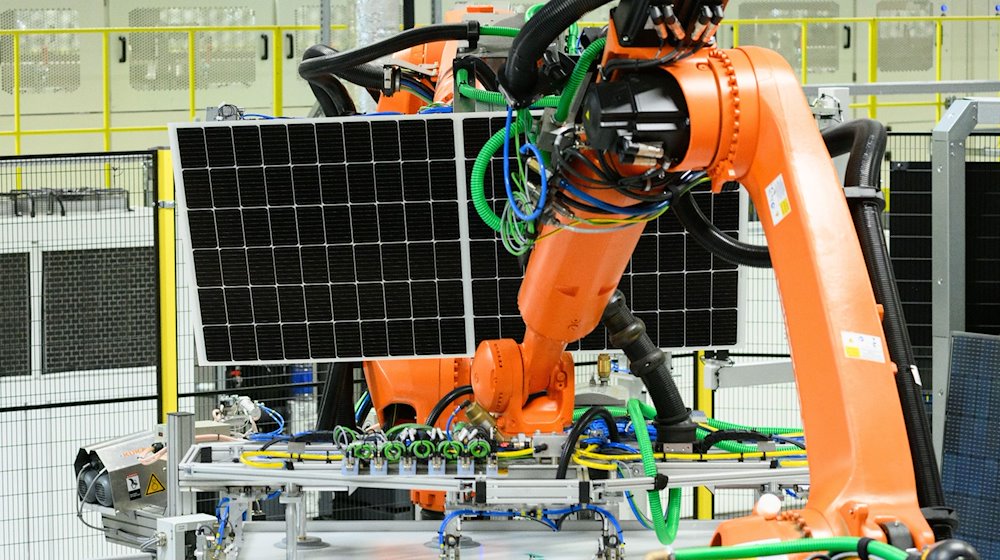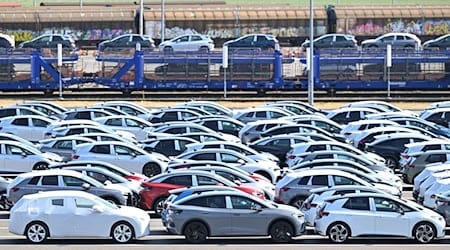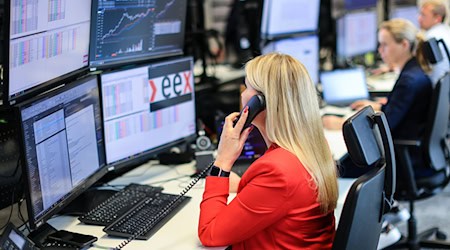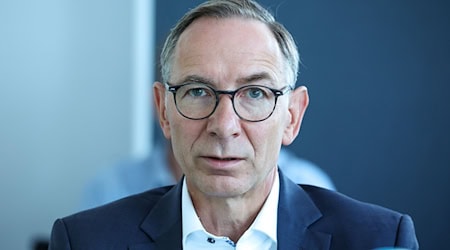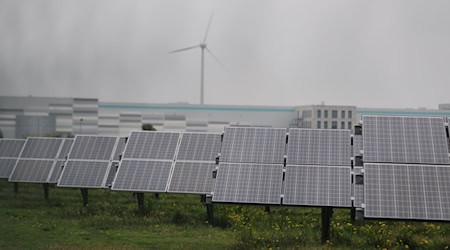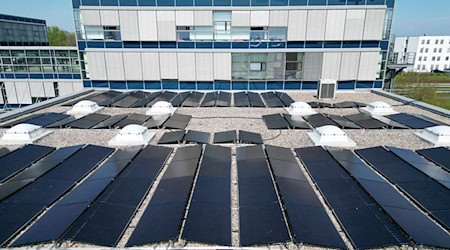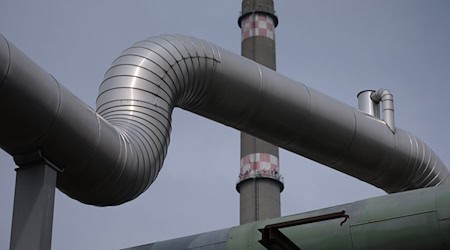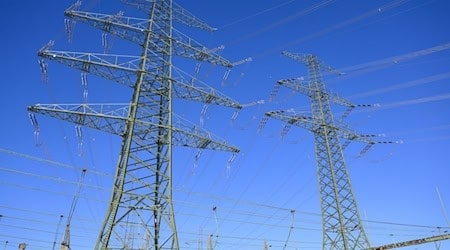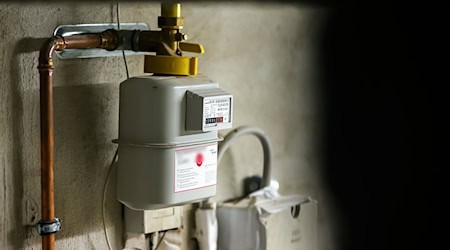First Meyer Burger, now Solarwatt: Due to poor framework conditions and a lack of political measures, the company Solarwatt plans to stop the production of solar modules in Dresden in the summer for the time being. As the company announced in Dresden on Monday, production with a capacity of 300 megawatts is to be discontinued at the end of August. "The aggressive cut-throat competition in the solar industry leaves us with no other choice," said Managing Director Detlef Neuhaus. However, the 30 years of experience in the development and optimization of photovoltaic hardware will be retained at the Dresden site. "Just like our PV laboratory, which subjects all modules to the toughest quality tests." If market conditions should improve again, production could be ramped up again quickly.
Accordingly, the suspension of German production affects around 190 employees. According to the company, it intends to offer as many employees as possible a job offer - for example as fitters, service staff or planners. The retraining of employees and the associated knowledge transfer will take place via the company's own Solarwatt Academy. Solarwatt employs 750 people across Europe, 650 of them in Germany.
Companies in Germany have been complaining for some time about competition from cheap modules from China. At the end of March, for example, Meyer Burger sealed the final end for its site in Freiberg, Saxony. Around 500 employees were made redundant.
Saxon Environment Minister Wolfram Günther believes that Federal Finance Minister Christian Lindner (FDP) is primarily responsible for the production stop. "It has been known for months that China is launching massive dumping attacks against the European solar industry," said the Green politician. According to Günther, effective instruments for a decisive industrial policy response have been on the table for months. The so-called resilience bonus was originally intended to protect manufacturers under pressure in Europe from cheap imports from China. However, the Federal Minister of Finance had rejected large subsidies for the domestic solar industry. Günther considers this "irresponsible in terms of industrial policy."
As he did after the Meyer Burger exit, Günther appealed for the energy transition to be equipped with "technology made in Europe" and not with technology from China, "which is being sold here at dumping prices." The announced production stop is "a low blow for the employees and their families". "This is another black day for the Saxon and European solar industry and for the energy transition as a whole," emphasized Günther. As with the halt to module production at Meyer Burger, Solarwatt's decision is also a message with an announcement.
Saxony's Minister of Economic Affairs Martin Dulig (SPD) also warned against "ruinous competition from China". "After the federal government finally rejected the resilience bonuses demanded by Saxony, the company's decision was unfortunately foreseeable." Nevertheless, Dulig is relieved that added value will be retained at the location. He is also confident "that most of the Solarwatt employees affected by today's decision will quickly receive new job offers."
"No one should really be surprised. The German government has already failed to present a solution to save the Saxon and German solar industry with Meyer Burger. The end of production at Solarwatt is tragically only logical," commented Stefan Hartmann, Chairman of the Left Party in Saxony. The federal government's austerity policy is thus driving the solar industry of the future abroad.
Copyright 2024, dpa (www.dpa.de). All rights reserved

